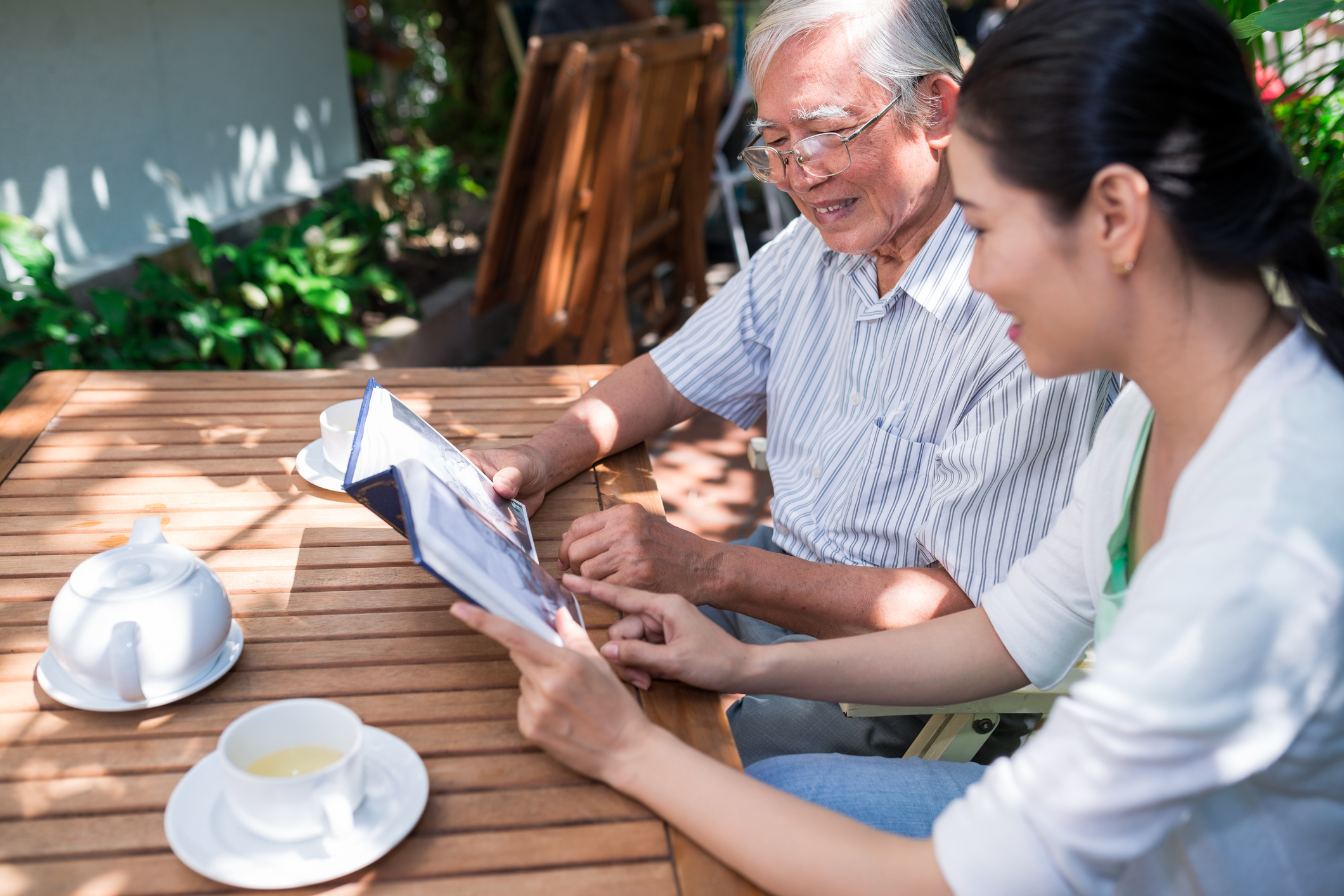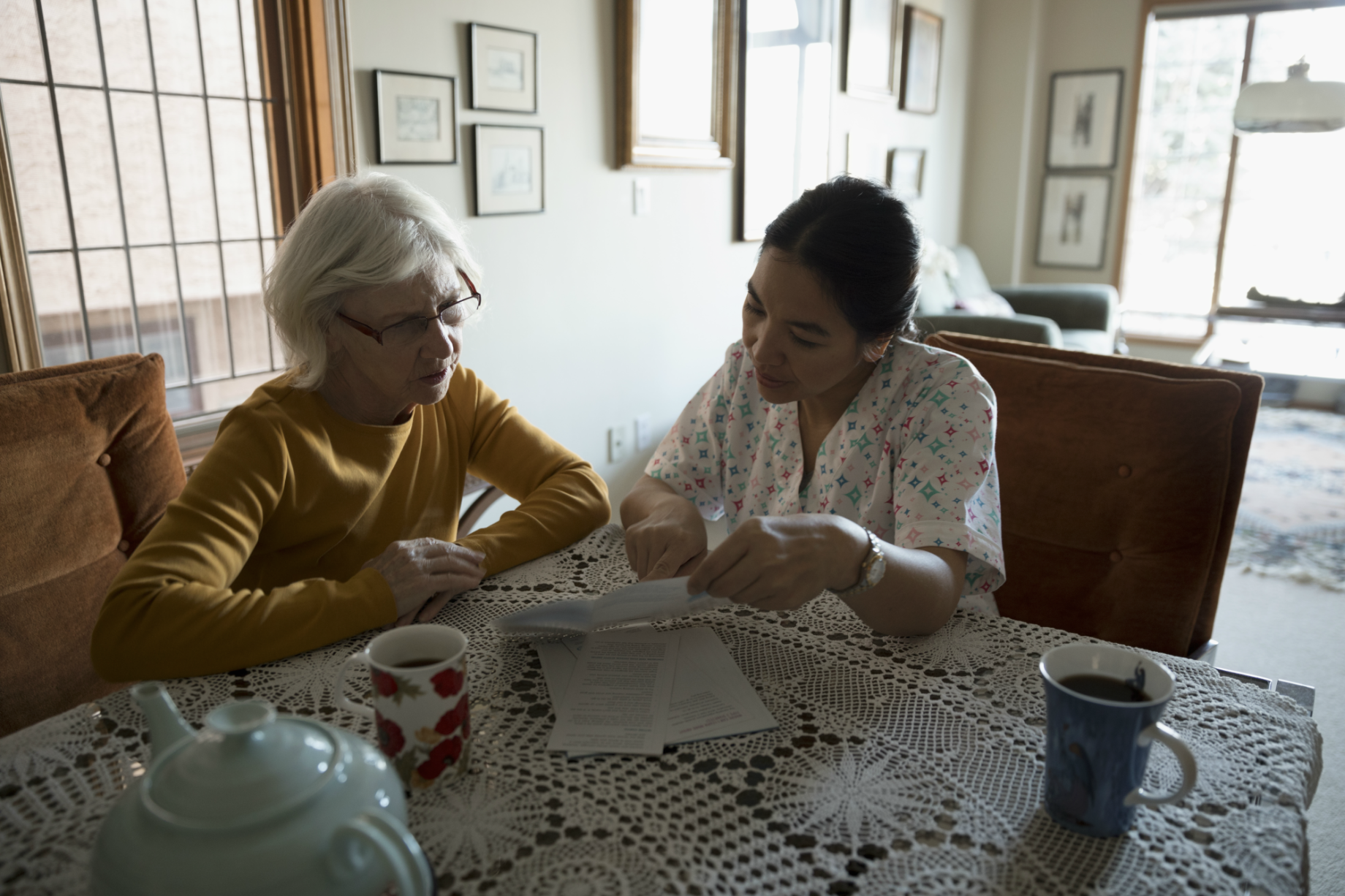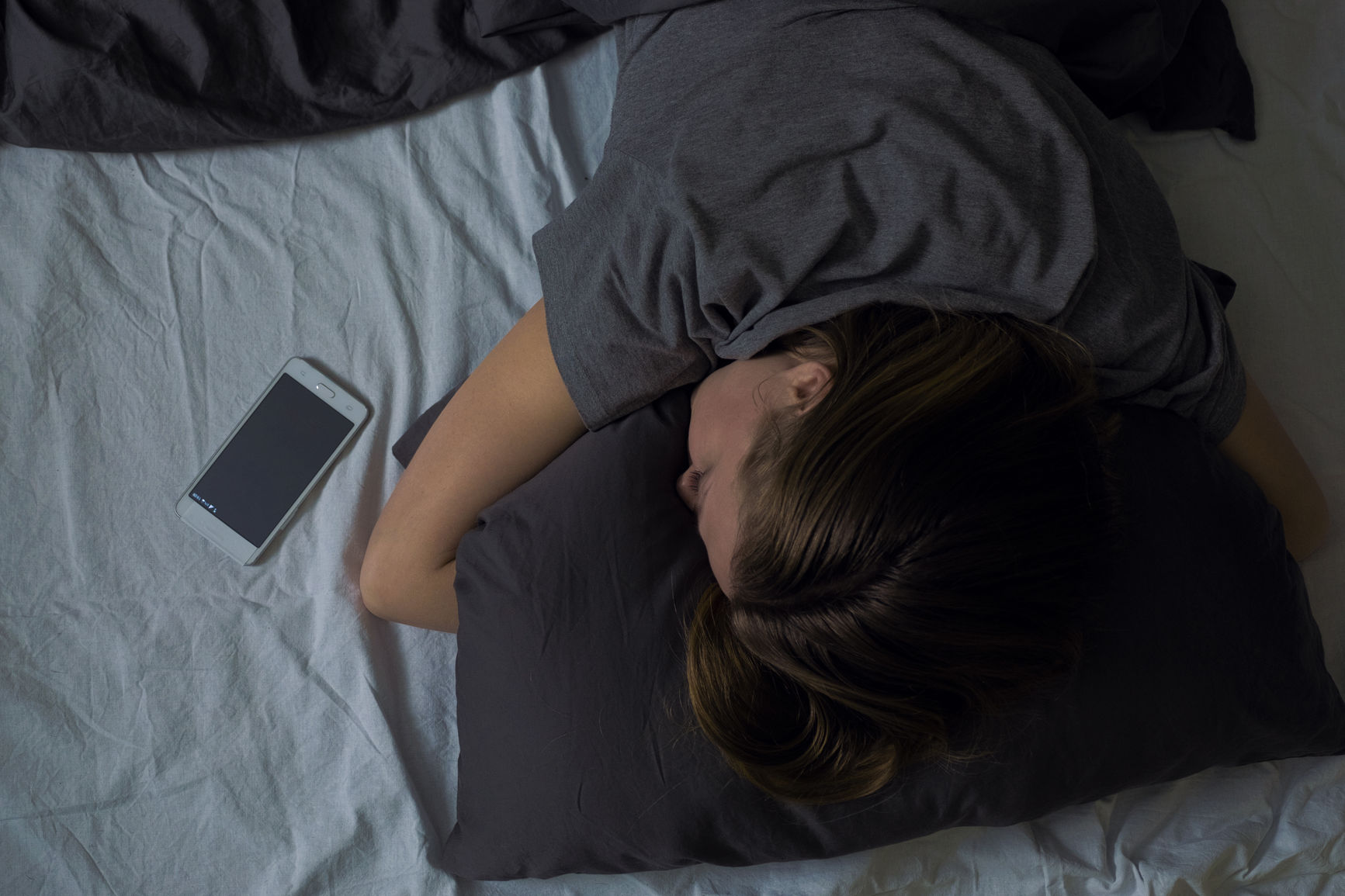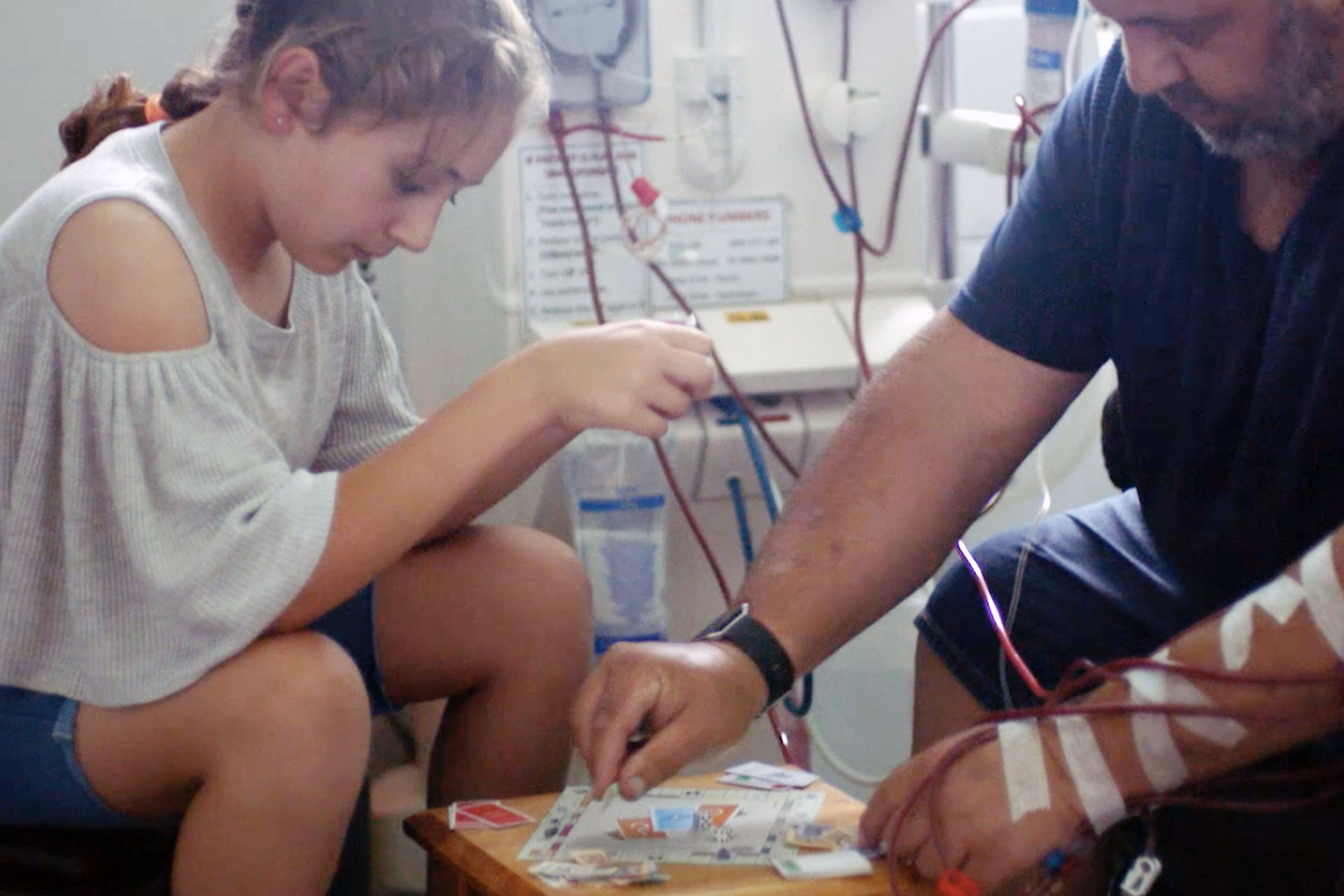-
Humans are naturally social. Yet modern lifestyles have diminished the quality and quantity of our relationships.
“Social isolation is the public health risk of our time,” said Developmental Psychologist Susan Pinker in her April 2017 Tedx talk. Numerous studies over the past decade have found social isolation may reduce the chances of living a long life, as well.
Social isolation is defined by researchers as a state of estrangement, in which social connections are limited or absent. And Australians aren’t immune. Medibank research shows social isolation is increasingly affecting Australians, with almost half of Aussies surveyed saying they have been personally affected by loneliness over the Christmas period.
MORE: Can group exercise help improve mental wellbeing? Read more.
The link between social connection and a long life
Researchers from the US reviewed over 140 studies that had asked middle-aged people questions about their lifestyle, from their diet and exercise regimes, to how often they visit the doctor, to uncover how much social relationships improved their chances of a longer life, and which types of relationships had an impact on mortality.
The study found that having close relationships and being socially integrated increased your chances of living a longer life, with researchers suggesting it should be considered to be as important as lifestyle factors such as diet, exercising and quitting smoking.
“There is robust evidence that social isolation and loneliness significantly increase risk for premature mortality, and the magnitude of the risk exceeds that of many leading health indicators,” said Holt-Lunstad.
MORE: Read more about social connection here
The health benefits of social connection
The health benefits associated with close relationships and social connections are immense; “it’s a biological imperative to know we belong” says Susan Pinker. “Building in person-interactions into our cities, into our workplaces and in our agendas, bolsters the immune system. It sends feel-good hormones surging through our bloodstream and brain and helps us live longer.”
Social connectivity can act as a preventative barrier to harmful levels of stress. Research found having access to rich and functional social networks helped people maintain their physical and psychological health.
Moreover, a Swedish study of over 1,000 Stockholm residents aged 75 and over has found a link between strong social connection and a reduced risk of developing dementia. The results of the nine year study suggest stimulating activity, either through social interaction or intellectual stimulation, may help to preserve mental functioning in the elderly.
MORE: What’s the link between loneliness and alzheimer's? Find out here
How to get socially connected
According to a 2016 survey from R U OK?, Australians are spending up to 46 hours a week online, compared to just six hours with our family and friends. But as Susan Pinker discusses in her Tedx talk, it’s spending time with people through face-to-face interactions that are most valuable.
If you feel you need to up your social connectivity, here are some easy ways to get started:
- Volunteer: Strengthen your ties to the community and meet like-minded people by volunteering at local sports clubs, charities, conservation organisations or community groups such as the Surf Life Saving Association or the State Emergency Services.
- Get active: The health benefits of exercise [Hyperlink: MBHI Group Exercise content when published] have been well documented, but did you know that group exercise could also potentially help reduce feelings of loneliness and isolation? Through Medibank Free+Active, we’re launching hundreds of free, community-based exercise events and wellness initiatives nationwide over the next five years. Find a free event near you here.
- Join or start a community initiative: There are so many great community initiatives that you can either join (or start), from community gardens to setting up a geocaching group.
Why a healthy social life might be the key to living longer

-
Innovating for members living with chronic disease
Medibank is supporting our members living with chronic diseases such as heart disease, arthritis, and diabetes, through our CareComplete programs.
-
Medibank’s palliative care at home trial
Giving our customers choice in where they would like to receive their end-of-life care can provide dignity, privacy and help them retain control over the care they receive.
-
How your phone habits affect your sleep
And what it means for your mental health, hormones and more.
-
Medibank trialling haemodialysis at home
Giving members with chronic kidney disease more choice
-
The origins of western and eastern medicine
Two schools of thought explained
-
Almost half of hospital patients are looking for more support
Find out how Medibank is helping.
Subscribe to receive the best from Live Better every week. Healthy recipes, exercise tips and activities, offers and promotions – everything to help you eat, move and feel better.
By clicking sign up I understand and agree to Medibank's privacy policy






